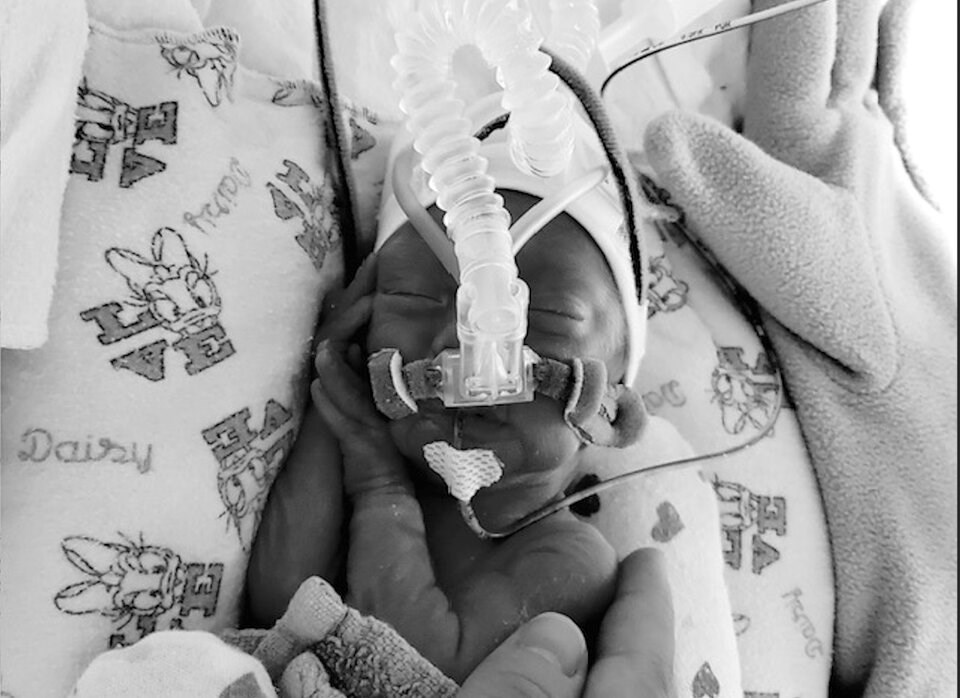A B.C. breast milk bank connecting hospitals across the province says it’s “desperate” for milk donors as its stocks dwindle to a three-week supply.
The BC Women's Provincial Milk Bank collects donated milk from new mothers across the province. Its first priority is to feed pre-mature babies across 14 neonatal intensive care units across B.C.
In some cases, a mother can’t get their milk supply up; in others, a parent might have a medical condition that makes breast feeding impossible. Often, pre-mature babies are born so early, their digestive systems can only handle breast milk.
“The truth is, it is the difference between life and death,” said Frances Jones, the coordinator of the bank. “They’re the most fragile babies in the province.”
“Their guts are so fragile — depending on how premature the baby is. They are at risk of a bowel disease that could end up killing them or forcing them to go through a surgery… That’s a lifelong effect.”
Recently, the bank says hospitals in Penticton, Vernon and Terrace have requested donor milk, but it was forced to turn down the requests as milk stocks hit record lows.
The last few years have been tumultuous for the milk bank. In 2021, milk donations soared as the COVID-19 pandemic kept many new mothers home. When floods washed out highways across the province that fall, Jones said they faced huge challenges getting the milk to hospitals that needed it.
Since then, the hundreds of donors across the province have dropped off. At the rate they are providing milk to new babies, they only have three weeks of “bridging milk” left.
“Three hundred and thirty donors in the last year might sound like a lot,” Jones said. “But we’ll go through four or five donors in a week.”
The milk bank asks donors to give at least 150 ounces of milk at a time, but the amounts “vary hugely,” Jones said. Many mothers give much more, donating an entire freezer’s worth of unused milk.
Last year, mothers donated 130,000 ounces of milk to feed nearly 4,500 children. That’s double the total from a decade ago. But as demand grows, the number of donors has not kept up — less than one per cent of parents who gave birth last year donated milk, according to the bank.
“That still leaves a lot of people that don’t know anything about milk donation,” Jones said.
Three-quarters of recipients ask to receive milk longer than the organization can manage, and Jones says the milk bank needs to once again double the number of donors it currently has to meet demand.
Jones says anyone looking to become a milk donor can fill out a form on the BC Women’s Hospital website or call 604-875-3743.
Donors can expect to go through a screening process, which includes sharing information about their health and lifestyle. Once approved, donors will be given all the information they need on how to express and freeze milk at home.
They can then take it to one of 28 depots the milk bank maintains across B.C.



